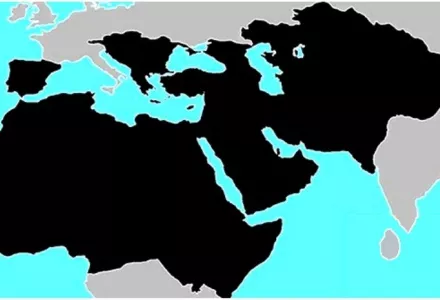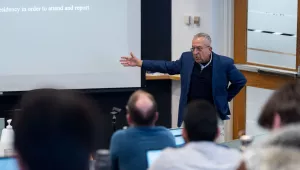Territorial Logic of the Islamic State
Speaker: Burak Kadercan, Postdoctoral Fellow, Center for Strategic Studies, The Fletcher School, Tufts University
All analysts agree that the self-proclaimed Islamic State is a "territorial" organization, but there exists little systematic analysis over two questions: how can scholars and policymakers make sense of ISIS' territorial vision, and how does the group's territoriality affect its strategy? Drawing on insights from political geography and the history of past Islamic states, this seminar identifies ISIS as a "hybrid" spatial form that brings together elements from both historical Islamic states and the nation-state ideal. ISIS' hybrid territorial practices are associated with its global and regional objectives, which follow a simple logic: degrading and destroying what the group refers to as "grayzones," or zones of religious and sectarian reconciliation.
Please join us! Coffee and tea provided. Everyone is welcome, but admittance will be on a first come–first served basis.




